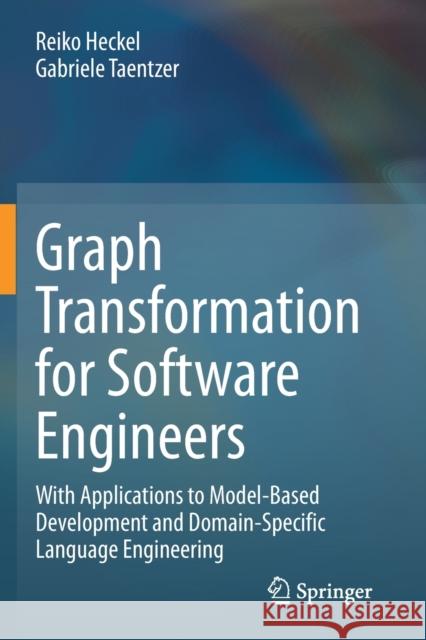Graph Transformation for Software Engineers: With Applications to Model-Based Development and Domain-Specific Language Engineering » książka
topmenu
Graph Transformation for Software Engineers: With Applications to Model-Based Development and Domain-Specific Language Engineering
ISBN-13: 9783030439187 / Angielski / Miękka / 2021 / 309 str.
Graph Transformation for Software Engineers: With Applications to Model-Based Development and Domain-Specific Language Engineering
ISBN-13: 9783030439187 / Angielski / Miękka / 2021 / 309 str.
cena 266,54
(netto: 253,85 VAT: 5%)
Najniższa cena z 30 dni: 250,57
(netto: 253,85 VAT: 5%)
Najniższa cena z 30 dni: 250,57
Termin realizacji zamówienia:
ok. 16-18 dni roboczych.
ok. 16-18 dni roboczych.
Darmowa dostawa!
Kategorie:
Kategorie BISAC:
Wydawca:
Springer
Język:
Angielski
ISBN-13:
9783030439187
Rok wydania:
2021
Wydanie:
2020
Ilość stron:
309
Waga:
0.46 kg
Wymiary:
23.39 x 15.6 x 1.75
Oprawa:
Miękka
Wolumenów:
01
Dodatkowe informacje:
Wydanie ilustrowane











